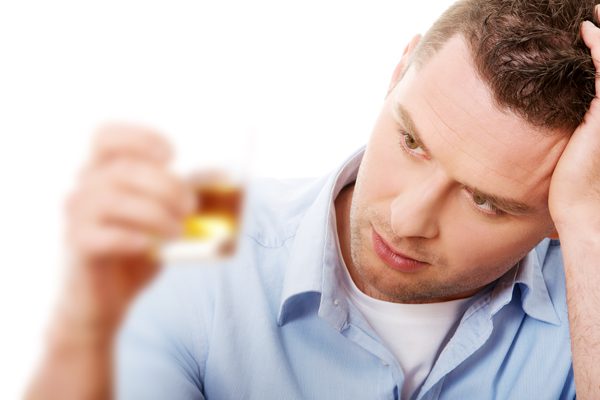 Because addiction is a chronic disease, relapse rates are high. But this does not mean treatment is ineffective or that relapse equates to failure.
Because addiction is a chronic disease, relapse rates are high. But this does not mean treatment is ineffective or that relapse equates to failure.
Relapse happens for many reasons, including stress, poor health, emotional issues, mental health disorders, lack of support, and more. So what are the differences, if any, between those who never relapse and those who relapse often?
- Doing the work. Relapse does not just happen. It creeps up on a person. First you stop going to meetings and stop talking to your sponsor. Then you start to think you have it under control and can go on your own. But if you are not working toward recovery, you are working toward using.
- Adequate preparation for transition. Transitioning from a residential stay at a drug treatment center back to the “real world” can be scary. Adequate preparations must be made to make the transition smooth and prevent relapse.
- Avoiding H.A.L.T. triggers. This acronym stands for hungry, angry, lonely, and tired. In recovery, one of the most important things to learn is how to take care of ourselves. If we do not eat properly, get the proper amount of rest, live in resentments and anger, and isolate ourselves from friends and family, we are bound to find ourselves getting stuck in negative feelings, exhaustion, and stress. These things inspire cravings for substances.
- Honesty. Honesty means more than not lying to others, although it does include this. Living an honest life means to be honest with oneself first and foremost. If you think you can handle a drink or two, you are lying to yourself. Being honest with ourselves in all aspects of our lives is a journey.
- Having clear boundaries. Having clear boundaries about what is acceptable is fundamental. Many people in recovery are people-pleasers and find it difficult to say no. Learning our boundaries and being honest with others about what we can or cannot handle or accept in our life is a step on the path toward freedom.
- Avoiding negativity. People in recovery who get stuck in negative thinking put themselves on the path to relapse. Addiction is a tricky disease. It tricks us into thinking that life is horrible when we’re sober or not, so why bother? Don’t fall for this. Write a gratitude list. Look at it when you are feeling down. No one has a perfect life. Comparing ourselves to others can be detrimental for our recovery. Be grateful for all you have and have learned. Stay positive.
- Handling stress. People often risk falling back into their addiction when they are stressed. Have tools in your toolbox for handling stress. Get some physical exercise, learn to meditate, do something that you enjoy for a half hour every day. Figure out what works for you for relieving stress.
- Working through fears. Fear of the unknown can lead people right back to their old familiar ways. Have faith that if you keep on doing the best that you can, life will work itself out.
- Remaining calm. Believe or not, some people do not know what to do when their life is peaceful and calm. Those who have lived in addiction are used to chaos, to constant ups and downs and confusion. With sobriety comes contentment and peace, and this may feel uncomfortable. If you find yourself seeking thrills, there is plenty to do without having to use. Go bungee jumping, skydiving, or learn something that you have always been afraid to do. The possibilities are endless.
- Having fun. People in recovery often have to learn how enjoy life. Recovery can start to feel like work, work, work. Work the program, go to work every day, be responsible, etc., etc. We often forget that life is for enjoying. Take breaks to do things that you enjoy. Have some fun with sober friends and your family!
Relapse does not have to be a part of recovery. If you find yourself constantly struggling with thoughts of using, share this with a counselor, sponsor, or friend. There is always someone there to listen if you just reach out. Life really is better on the sober side!
If you or a loved one is in need of help recovering from a relapse, please contact our professionals at (814) 787-2200. We can help.

 Because addiction is a chronic disease, relapse rates are high. But this does not mean treatment is ineffective or that relapse equates to failure.
Because addiction is a chronic disease, relapse rates are high. But this does not mean treatment is ineffective or that relapse equates to failure.